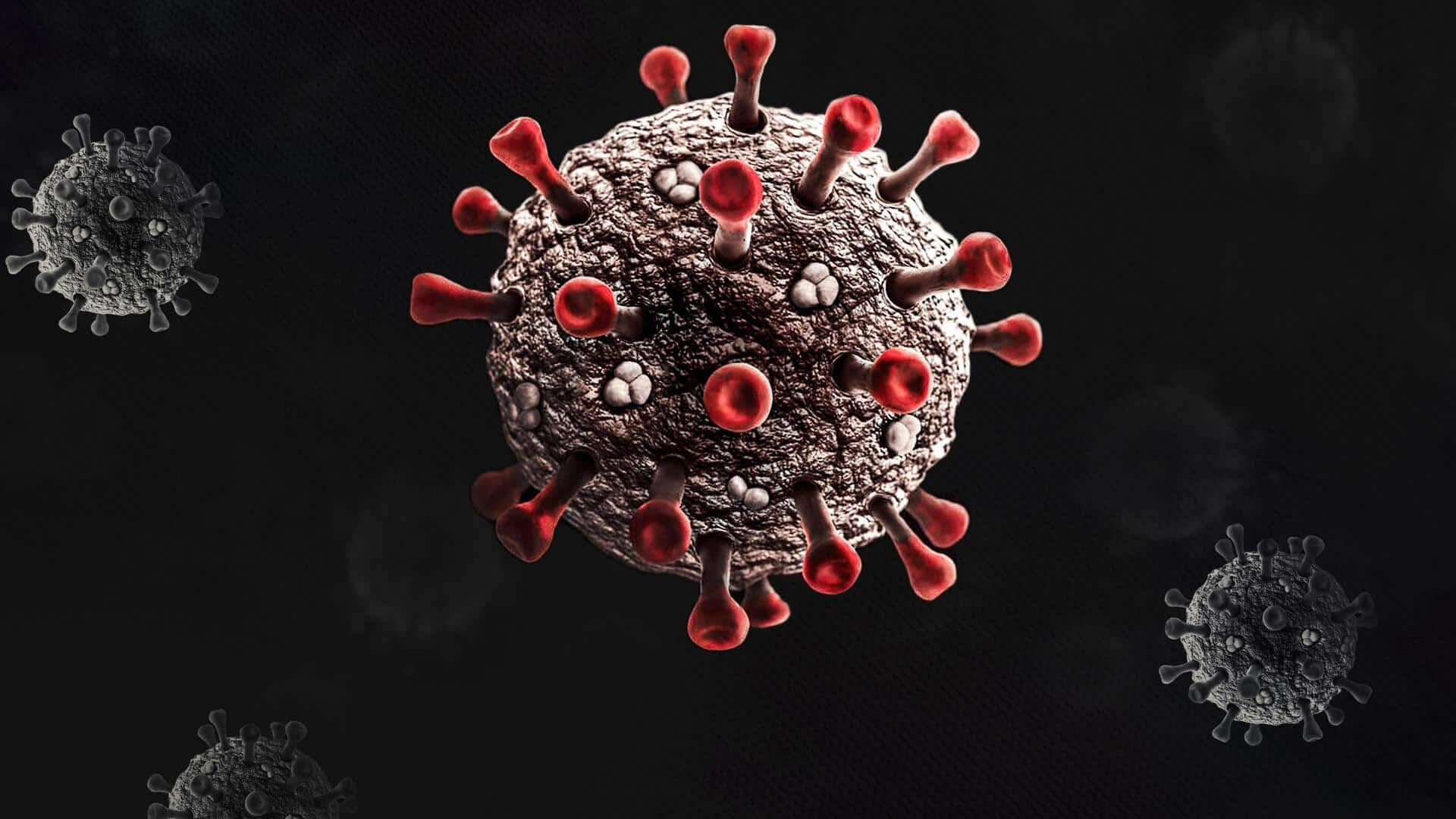
Genetic quirk behind why some people don't get COVID-19 symptoms
What's the story
It has been a little over three years since the outbreak of the COVID-19 pandemic, which claimed the lives of nearly seven million people. It's widely known that certain individuals, even after repeatedly contracting the infection, do not show symptoms. Now, new research led by the University of California San Francisco (UCSF) explains why some people never get sick from COVID-19.
Context
Why does this story matter?
About 20% of SARS-CoV-2 infections are asymptomatic, studies have shown. Investigations, like the one by the UCSF, could provide more understanding as to why some people do not show symptoms after being infected with the SARS-CoV-2 virus whereas most others usually do. Ultimately, such findings would be crucial in designing better therapeutic options, including vaccines.
Research
Asymptomatic people carry a particular gene variant
The latest study, which has been peer-reviewed and published in the journal Nature, suggests that a variant in the gene responsible for immune response could be the reason why some people are asymptomatic after contracting the virus. The team found that one in five people who did not show symptoms after being infected with the SARS-CoV-2 virus carried the gene variant HLA-B*15:01.
Information
This gene helps with the body's immune response
This particular gene is part of the human leukocyte antigen (HLA) system, an important part of the body's immune system which helps identify and fight off foreign invaders, including bacteria and viruses.
Findings
The team looked at the genetic data of people
The team looked at the previously-collected genetic data of a group of people to ascertain if variation in the HLA gene had anything to do with asymptomatic COVID-19 infections. The data pertaining to COVID-19 was collected through a smartphone-based program assessing the infection, symptoms, and outcomes. Out of the 1,428 unvaccinated people who reported testing positive for COVID-19, 136 said they had no symptoms.
Explanation
20% of the asymptomatic were carrying the protective gene variant
The team found that 20% of the asymptomatic people had at least one copy of the HLA-B*15:01 gene. This finding served as the first hint that there could be a genetic connection. Having one copy of this gene variant doubled the person's likelihood of being asymptomatic while people with two copies were eight times more likely to show no symptoms.
Immunity
People with the gene showed better immunity
Interestingly, the research group discovered that people carrying the gene variant HLA-B*15:01 and who had never been infected with the SARS-CoV-2 virus showed a strong immune response to the protein fragments of the causative virus. Their immune cells could recognize various COVID-19 variants, including Omicron. This could be because of the immunity the person developed after being exposed to other coronaviruses.
Limitations
The study has a few limitations
The study has a few shortcomings though. For one, the study included people who identified as White. Also, the symptoms were self-reported. The HLA-B*15:01 gene variant is fairly common, found in about 10% of Europeans. However, it may differ for other populations. Broader investigations covering more regions and including more people could provide more firm conclusions on the matter.
Information
The study could lay the groundwork for better vaccine development
"Our results have important implications for understanding early infection and the mechanism underlying early viral clearance," said the researchers, adding that the study "may lay the groundwork for refinement of vaccine development and therapeutic options in early disease."